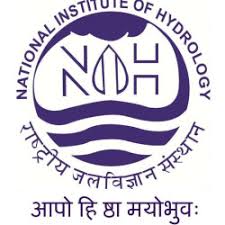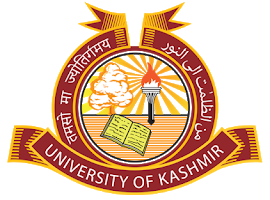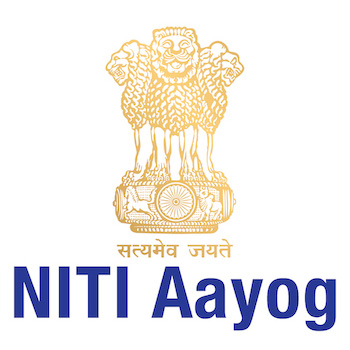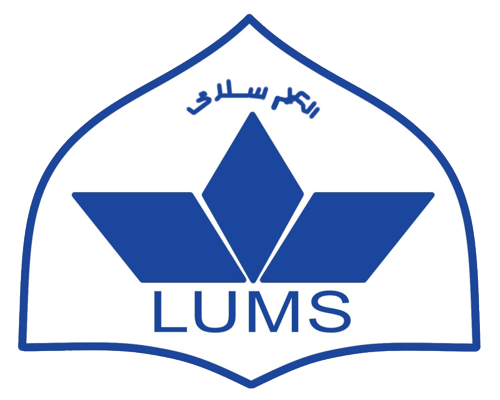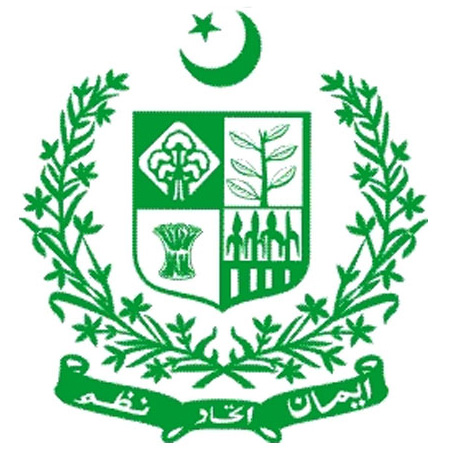The Indus basin
Overview
From the lofty peaks of the Himalayas down to the Arabian sea, the Indus river is one of Asia’s longest, with headwaters in Afghanistan, China and India, and flowing through the length of Pakistan. Its water is integral to supporting the local livelihoods and the economy of the region, including the world’s largest irrigation system and one of the top hydropower producer centers.
The vast majority of the 300 million inhabitants of the basin live on low incomes and have low levels of access to healthcare, education, and basic services. These socio-economic challenges coupled with rapid population growth (expected to increase up to 70% by 2050) are subjecting the basin to an increasing water stress. An uncertain climatic future will further continue impacting all current and future users of this unique river system, and likely to rise the political tension across the borders.
They need to seek solutions that can help to alleviate the conflicting demands from multiple users and countries in the long run and ensure the sustainable use of the Indus resources calls for adopting the so-called Water-Land-Energy Nexus approach.
Sustainable Development Goals
Where are we standing today?
Key Nexus Challenges
Stakeholder engagement
The ISWEL team has engaged with a number of national and regional organizations, mostly through the so-called Indus Basin Knowledge Forum. This annual Forum is supported by the International Water Management Institute (IWMI), the World Bank, the International Centre for Integrated Mountain Development (ICIMOD), and the International Institute for Applied Systems Analysis (IIASA).
The organizations involved in the consultations included:
| Environmental Conservation Specialist Organization of Afghanistan (ECSOA) | |
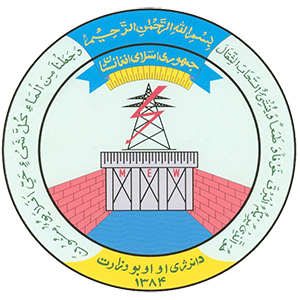 |
Ministry of Energy and Water |
| National Climate Centre and Chinese Academy of Sciences | |
 |
Xingjiang Institute of Ecology and Geography |
| National Climate Centre |
Workshops and meetings
The consultations involved three main workshops and a number of bi-lateral meetings:
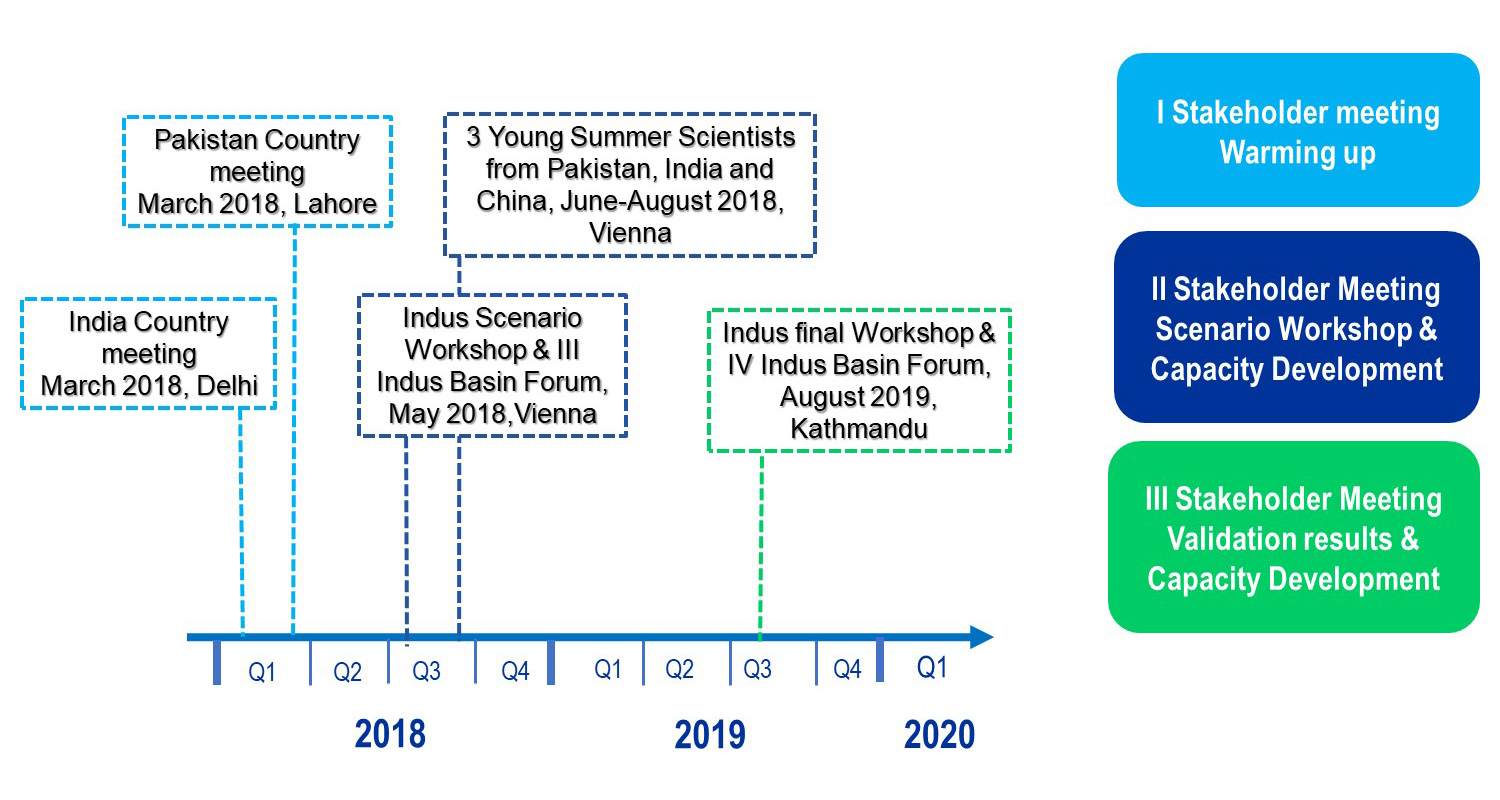
Summary of the meeting outcomes and activities:
Results
For Indus basin related results see here.





